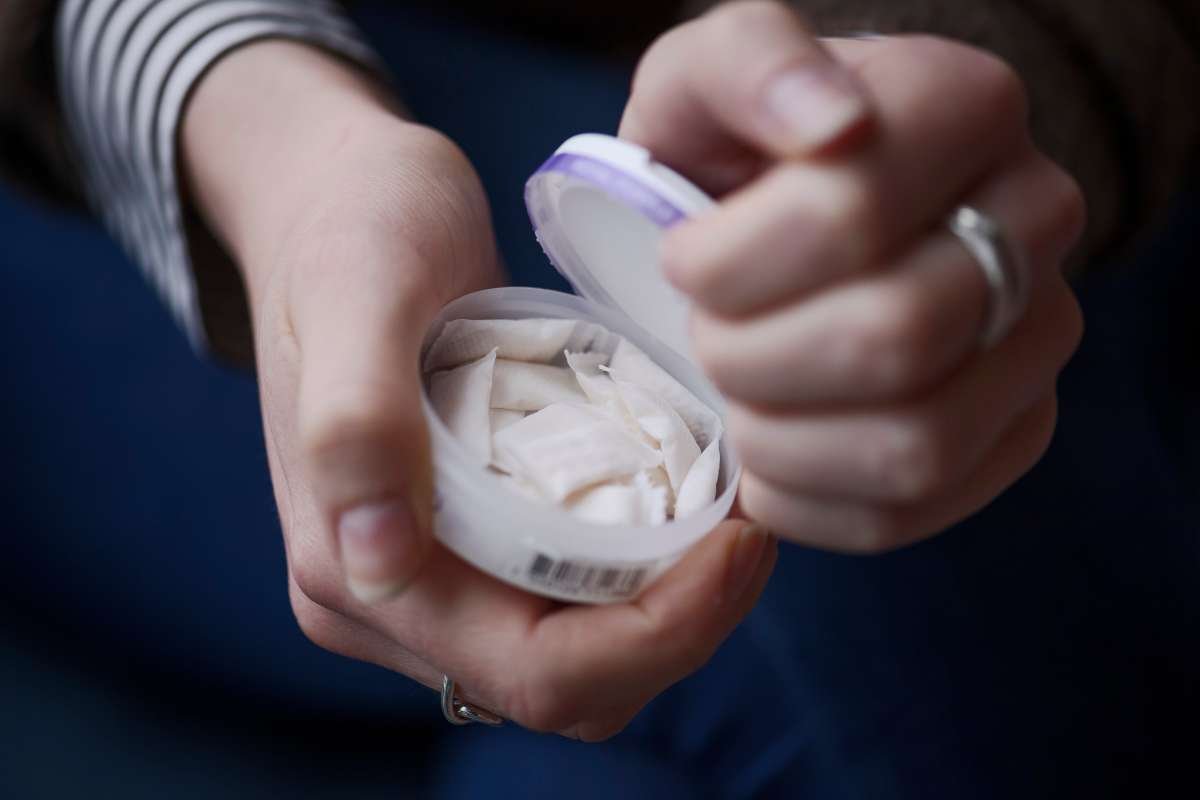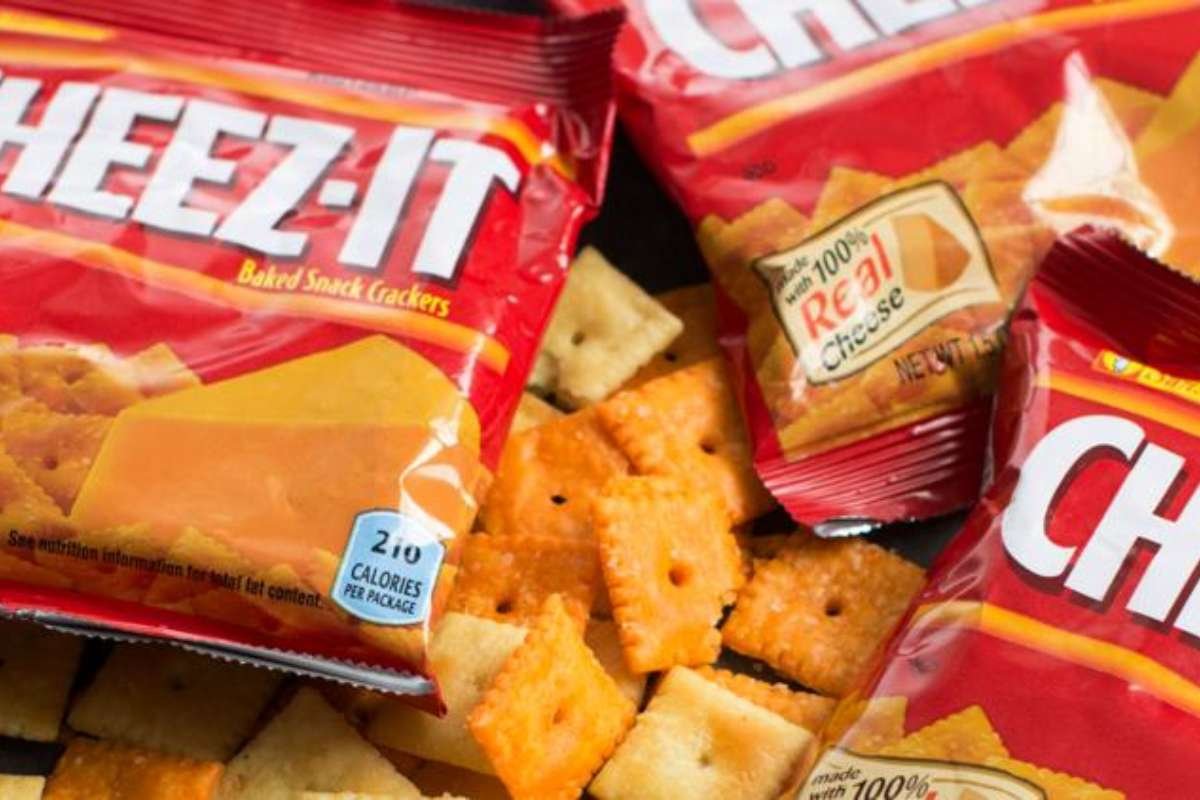Nutrition and the Keto Diet for Amateur Athletes have always had a lot to do with how you look and how well you do in sports. It makes sense that both professional and amateur athletes try out different types of food and drinks to see what works best for them.
From eating a lot of carbs to trying out mostly vegetarian diets and welcoming the arrival of Gatorade in 1965, a lot of products and plans have been said to help athletes perform better, including the most popular diet of our time, keto.
Let’s start with a quick crash course on the Keto Diet for Amateur Athletes, which is the most popular diet in the world right now;
1. A short introduction to the Keto Diet for Amateur Athletes;
In a typical diet, your body gets its energy from glucose, which is made from the carbs you eat. This is then taken somewhere else and stored as fuel for the body to use. The Keto Diet for Amateur Athletes stops this from happening by limiting the number of carbs you eat. Since there aren’t enough carbs for the body to use as fuel, it goes into a metabolic state called ketosis, where it breaks down fats to make ketones and uses these instead.
Ketogenic diets are low in carbs, high in fat, and have a moderate amount of protein. Around 80% of the calories come from fat, 15% come from protein, and only 5% come from carbs. The diet is based on the idea that the body’s glucose stores will run out in five days. This will stop the normal burning of fat and supply of glucose to the brain, causing ketone bodies to form.
Since your body isn’t getting many carbs, it has to burn fat and make compounds called ketones, which are great for your health. Some people even drink ketone drinks or take ketone supplements to get their bodies into ketosis faster.
2. Do carbs help you build muscle?
Protein is the most important of the three macronutrients (carbohydrates, protein, and fat) for building muscle. So, the Keto Diet for Amateur Athletes can be used to build muscle as long as you eat enough protein to repair your muscles and enough calories to keep up with your workouts.

If you want to get the most out of keto, you might want to read PlanKetogenic’s tips for low-carb bodybuilding. Getting enough protein is important for building muscle, but many lifters have learned the hard way that just eating a lot of protein doesn’t always lead to more muscle growth.
In fact, if you eat way too much protein, you can literally be kicked out of ketosis. And remember, you can get the best results by eating the right foods at the right times, but you also have to put in the work and lift weights or do the right types of targeted exercises. Not everything has to do with what you eat.
3. The relationship between keto and exercise is bittersweet.
There has been a lot of talk about how ketosis affects the performance of both professional and amateur athletes. People say that following a low-carb plan has many health benefits, but it can make some workouts harder than others. So, here are some facts you should know before you try a ketogenic lifestyle.
Good nutrition is important for the health of every athlete, whether they are a professional or an amateur. It helps them improve their endurance, train better, and recover faster. Because of this, athletes are always looking for new ways to improve their performance with foods, drinks, and supplements. Exercise and a Keto Diet for Amateur Athletes work well together to improve overall health, burn fat, help you lose weight, and speed up your metabolism.
All of these are good things that happen when an athlete goes low-carb, and they usually fit with the goals of an amateur athlete. But health benefits as a whole aren’t always the most important thing, especially for professional athletes. They might care more about how things are going right now.
4. Keto Diet for Amateur Athletes help athletes do well.

There aren’t many long-term studies that compare how a low-carb, high-fat Keto Diet for Amateur Athletes affects athletic performance. Short-term studies, on the other hand, have given mixed results. According to research, endurance athletes are the ones who can benefit the most from ketosis.
The Keto Diet for Amateur Athletes has become very popular among endurance athletes because it can improve performance by making the body less dependent on carbohydrates. A ketogenic diet is best for athletes who need long bursts of energy, like those who cycle long distances or run marathons, rather than those who just need short bursts of energy.
A high-endurance cyclist found that eating a lot of fat for two weeks led to more lipolysis and fuel availability, less insulin in the blood before exercise, and a 2.5–3% increase in fat-burning rates. Elite marathon runners, on the other hand, who had been on a keto diet for more than three weeks canceled out the improvement in oxygen use.
Recent studies have shown that a Keto Diet for Amateur Athletes can make it harder to do short, high-intensity workouts, especially anaerobic ones (low-carb dieters were affected by as much as 15% more than high-carb dieters). For example, soccer, basketball, the triple jump, and the 100-meter sprint are all sports with short bursts of speed.
In the end, studies show that athletes on a keto diet perform in different ways. A lot depends on the person’s previous habits, what they eat while on the diet, what sport they do, and how hard they train. So, if you want to try keto, you should talk to your coach and doctor about your situation before making any changes.
5. How Athletes Can Get into Ketosis
Keto Diet for Amateur Athletes, the Keto Diet works by putting your body into a state called “ketosis,” in which it starts to burn fat for energy. But you should know that the body can also get energy from lean muscle mass. Also, you should know that even though it may look like you’re burning fat quickly if you don’t get enough energy and nutrients, you’ll feel very tired and won’t be able to stick to your diet.

Cut down on the carbs you eat: The most important thing you can do to get into ketosis is to cut back on carbs a lot. Under normal conditions, your body will get most of its energy from glucose.
Increase Your Protein and Healthy Dietary Fat Intake: If you’re going to cut back on carbs a lot to get into ketosis, you’ll still need to eat enough protein and healthy dietary fats to get enough nutrition. According to a study in The American Journal of Clinical Nutrition, eating a lot of protein also has the following benefits:
BOTTOM LINE
Most people should talk to a doctor or nutritionist before starting the Keto Diet for Amateur Athletes, but athletes should do this in particular. Professionals can help you figure out how to use the ketonic diet to improve your athletic performance or even put together a plan for you. They can also tell you not to try this diet if they think it’s too dangerous or hard to follow.
Keto Diet for Amateur Athletes, After taking the right precautions, athletes can do the keto diet, but it’s not a good idea for people who do high-intensity interval sports. After getting used to it, it can work for endurance athletes, but you should always talk to a doctor or dietician to make sure you’re living a safe and healthy life.








